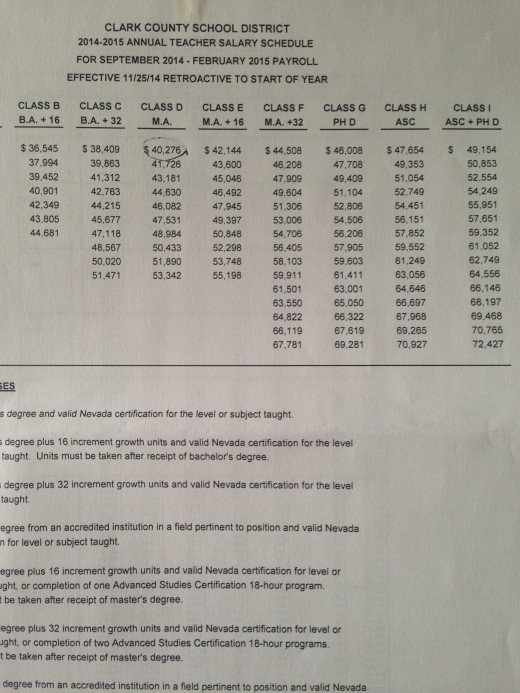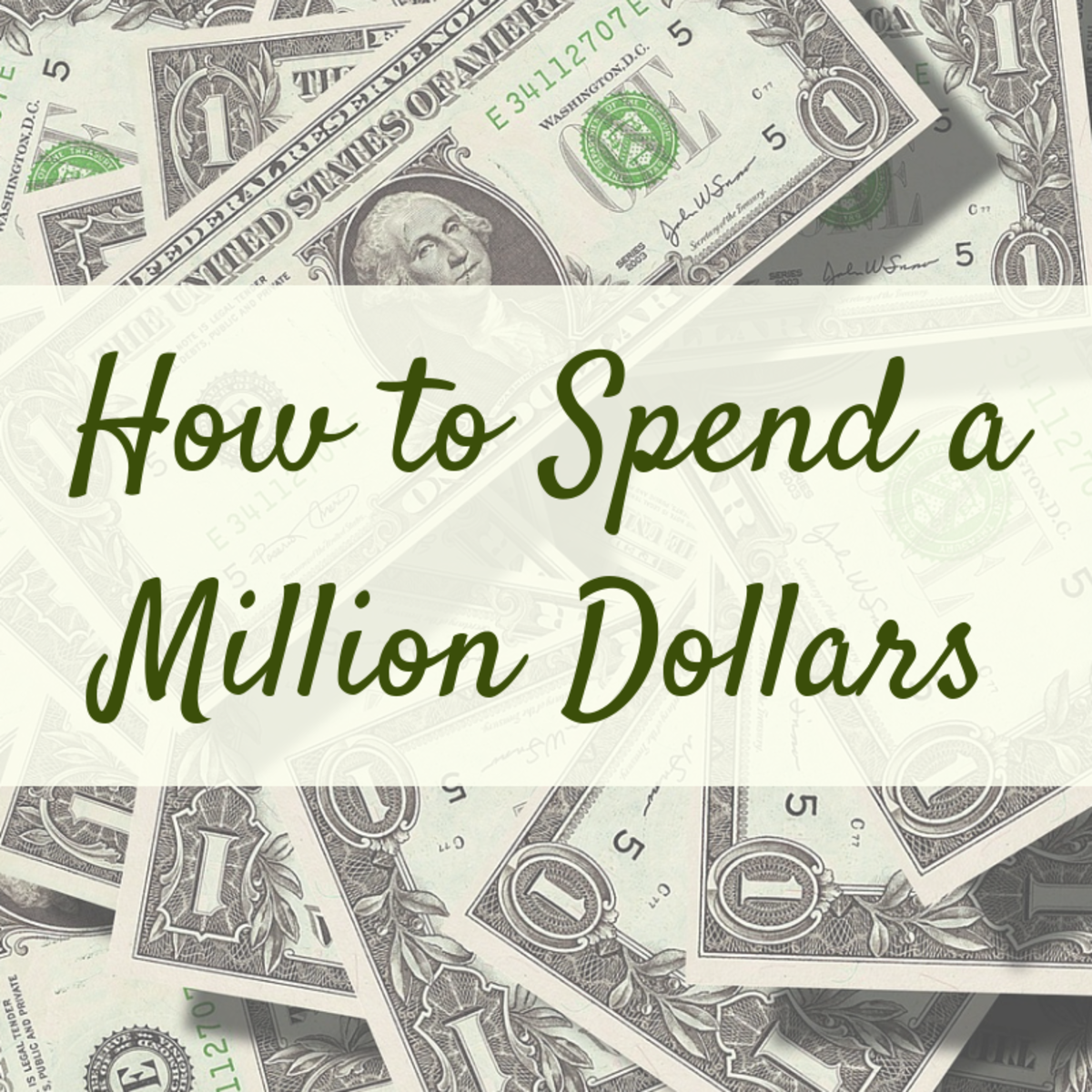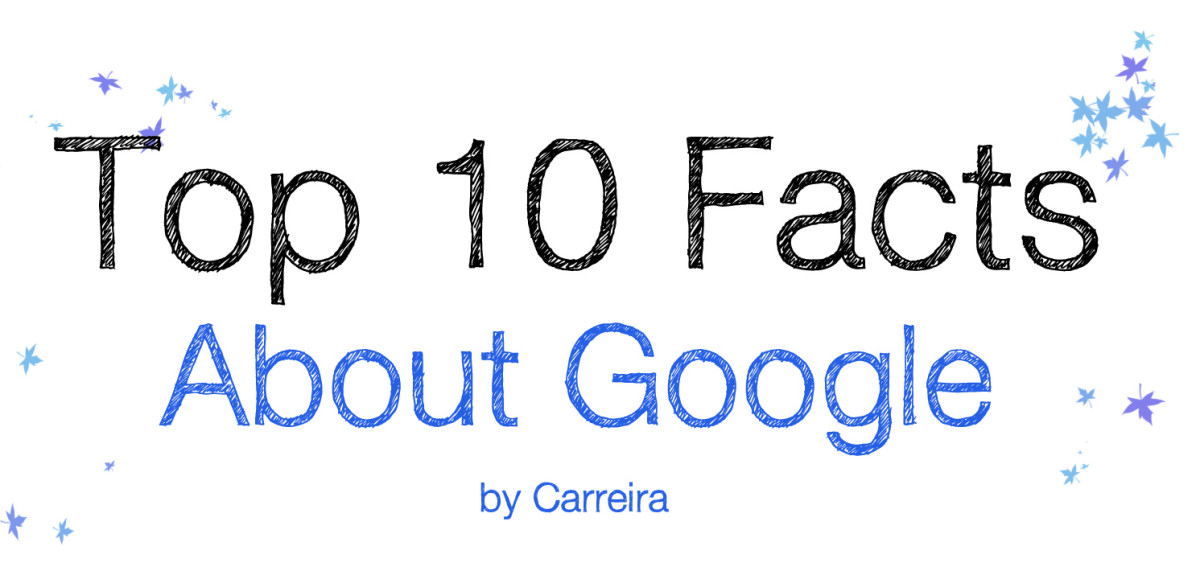The Biggest Lie You're Being Told and Why American Society is Worse off for Believing It

There is a part in the original Austin Powers movie, where Dr. Evil, recently having been resurrected after 30 years of cryogenic freezing, tries to ransom the world for, dare I say it, 1 million dollars! I've asked my self several times, did 30 years really make that much of a difference in what a million dollars was worth? Inflation aside, 1 million dollars still seems like a helluva lot of cash.
Forgive me Mike Myers for using your movie to jump-start my discussion. Oddly enough that movie came near a decade before I even noticed how society was tricking our thoughts about money.
Fast forward to present day. Just turn on the TV, pick up a magazine, or jump on the internet. All around you will be references to money and not just hundreds or thousands but millions and even billions. Government spending, tech company startups, athlete contracts, stock market trading, executive salaries, entertainment stars paychecks, new mansions, new cars, new bling, lavish celebrity purchases, weddings, birthdays, vacations, lottery winners, offers on Shark Tank, NYC's most expensive condo for sale, etc, etc. Everywhere we look today, we're surrounded by double digit, triple digit and quadruple digit million dollar figures, all implicitly telling us one thing: a single million just isn't that much.
Watching media post hyperbole is one thing. But the first time I actually saw it in black and white (a recent article, in case you haven't), I knew we were in trouble.
How much? I felt insulted. Not that much anymore? Are you out of your mind?!
After I recovered from my brief embolism, I started to analyze how someone, anyone could tell a country where the median income is around $50,000, that a million dollars isn't a lot of money. The more I thought, the more I realized this bizarre notion was just the explicit outcome of years of subliminal coaching.
It's aggravating to know that, for most of us, even a single million would be forever life changing. Yet, all we see is daily ideas pushing us, baiting us to feel dissatisfied with the idea of only having a single million!
So, just how life changing could a single million be? Lets see if we can put a million dollars back into perspective again.
What do you consider a Middle Class(Single person gross) income?

A middle class rut
Let's take a middle class income of $50,000 dollars annually. It would take 20 years of work, no taxes, not a single penny spent, to amass a single million dollars. At $40,000, tack on another 5 years to make 25 years. At $75,000, again no taxes, not a single cent spent, it would take about thirteen and a half years to make $1,000,000.
If your average person works for 40 years (they don't), it means that a person earning 50k, would earn 2 million in their working lifetime (which they won't, because the IRS takes their share). At 40k, they'd earn 1.6 million. At 75,000, they'd earn 3 million.
To me that's shocking. Reality is, it takes your whole working career to see a million or more, and that's with high estimates! Its not like you'd bank anywhere near that much, not after you pay for all the major things in life: taxes, a house, car/transportation, children/pets, food, hobbies, medical expenses, and if you wanna take some sort of vacation in your lifetime. So how can anyone tell me $1,000,000 isn't that much anymore!?

Commerce and the Culture of Celebrity Idolization
Why is this idea that $1,000,000 isn't that much money so bad for us?
Because if you don't believe $1,000,000 is a lot, then how much respect will you have for $100, $1000, or $10,000? The answer is, very little. And because you won't respect those amounts of money, you'll be more apt to spend them, and spend them frivolously.
Why, even if you do have an honest respect for money, are you more apt to spend frivolously?
Answer: Commercial and Social pressure.
Have you noticed our material marketplace likes to roll out new products every 6 months to 1 year, if not sooner? Have you also noticed that before they do this, they spend tons of advertising dollars to make what you currently own seem outdated and cheesy? Trust me, your last generation IPhone is fine, you don't need the new one. But then again, the new one is so much...flatter.
Lets take that incessant consumerism a step further. Add to it pop cultures obsession with celebrity lives and habits. American television and media outlets are devoted to showing celebrities buying and engaging in a lavish lifestyle. What you are left with is a society of people, constantly trying to achieve a quality of life, not through education or expanded horizons but through purchasing things! Purchasing items which they usually can't afford, don't really have that much long term use for, but seem desire all the same.
Don't get me wrong, desiring and achieving what we want, whether fiscally or socially, is part of the freedom of the American dream. But I'm torn as to exactly how that dream is realized for many of us. Does that mean having the what's what of material possessions? The $1,000,000 house, the $100,000 sports car, the $50,000 speed boat, the $10,000 watch, the $600 smart phone, $250 designer shoes, or the $100 bottle of craft vodka. I don't know.
Spending money on needless objects doesn't seem so frivolous if everyone else is doing it. Commercial markets and pop culture make it seem OK, they're giving you a pass as if its almost a way of life.
Spending more to experience less
Now before I hear the harangue of my peers, ready to quickly point out that we aren't mindless robots that follow celebrity trends, pop culture whims, or commercial agendas, answer me this.
How many promotions do you see telling you to educate yourself? Not necessarily go to school, but pick up a hobby or learn a new skill. How many headlines do you see telling you to read more books? How many ads do you see telling you to save money? How many friends do you have telling you to go on an exploratory vacation? The beach is great but why not go somewhere that will give you a bit of culture and relaxation. Is there anything telling us to expand our horizons while spending less? Anyone telling us get to know who we are as human beings instead vainly trying to ornament ourselves to reach contentment?
Please take a second to really think about a retort. The picture I've tried to paint, while grim and without much faith in people's understanding of what's going on around them, is very much a picture of modern American life. A great many of us are in debt, purchase an exorbitant amount of wants vs. what we need, and even more try to emulate the lifestyles of the rich and famous without the finances to do so. YET, completely lack the existential desire to enhance our quality of life through non-material avenues.
This is why American society is worse off. We're being coached to materialize our existence in order to be happy. We're being told that money isn't that big an issue yet its demanded from us at every turn for the things we're told, will make us happy "happy".
We're being lied to, and I for one don't buy it!








